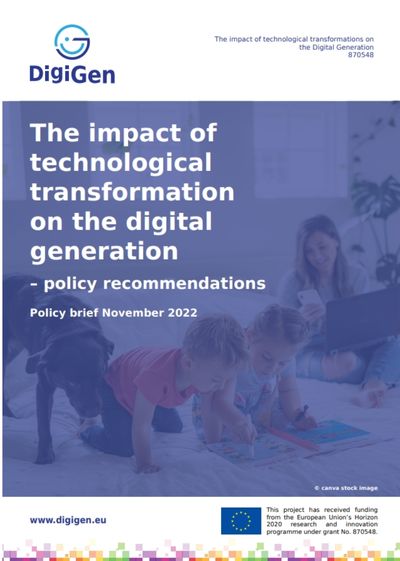

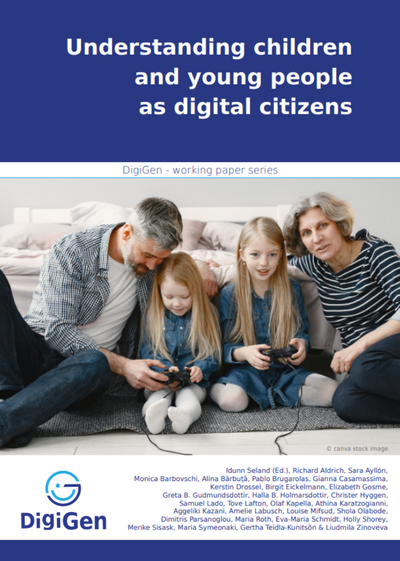
Understanding children and young people as digital citizens
This final DigiGen working paper summarises our key findings and research based recommendations for policy and practice. This is enhanced with the development of a conceptual model which aims to understand how children and young people shape of digital technology...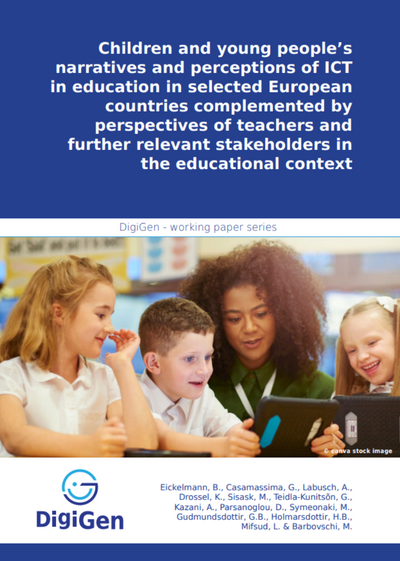
Children and young people’s narratives and perceptions of ICT in education in selected European countries complemented by perspectives of teachers and further relevant stakeholders in the education context
Our latest working paper presents the main findings of work package 5 ‘ICT in education’ in five countries Estonia, Germany, Greece, Norway, and Romania which explores how children and young people regard their education in terms of preparing them for future life in...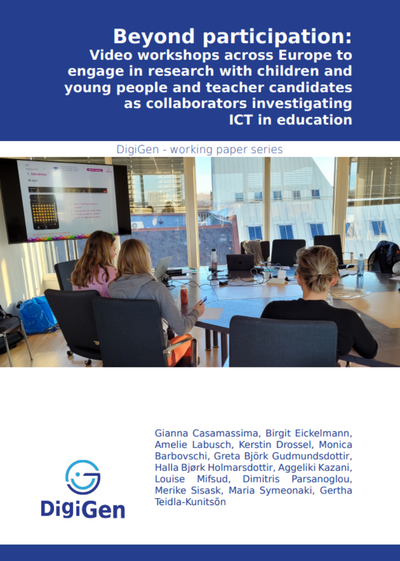
Beyond participation: Video workshops across Europe to engage in research with children and young people and teacher candidates as collaborators investigating ICT in education
Our latest working paper presents a description of the innovative method of video workshops used in the DigiGen project and its implementation in the field of ICT in education in five European countries. Authors: Gianna Casamassima, Birgit Eickelmann, Amelie Labusch,...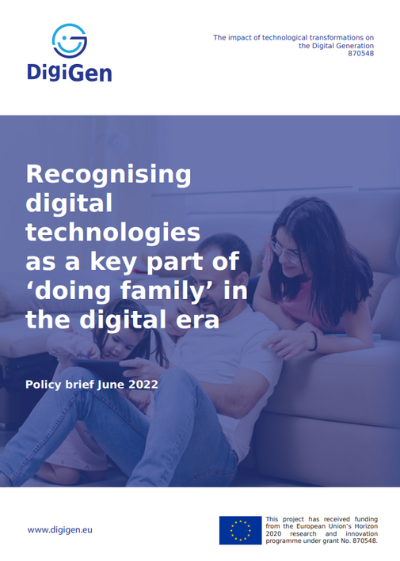
Recognising digital technologies as a key part of ‘doing family’ in the digital era
Our latest policy brief supports policy makers, the digital technology industry, and family practitioners in recognising how digital technologies can contribute to ‘doing family’ in the digital era. Authors: Olaf Kapella, Eva Maria Schmidt, Merike...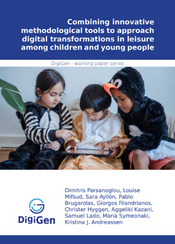
Combining innovative methodological tools to approach digital transformations in leisure among children and young people
Τhis report presents the major findings from work package 4, where the aim is to understand the interplay between leisure and socialisation among children and young people, as presented through ICT use in everyday life. The findings from this study explore the ways in...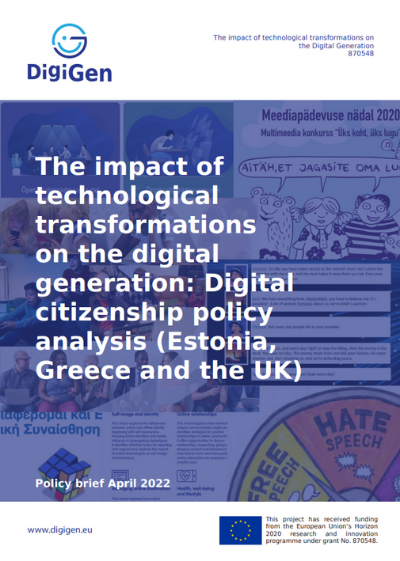
Digital citizenship policy analysis (Estonia, Greece and the UK)
Our second DigiGen policy brief critically assesses over forty policy documents relating to digital citizenship from Estonia, Greece and the United Kingdom. This analysis explores how digital citizenship is being constructed by different policy actors across Europe....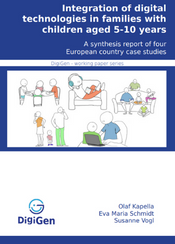
Integration of digital technologies in families with children aged 5-10 years: A synthesis report of four European country case studies
This report presents a synthesis report of case studies from Austria, Estonia, Norway, and Romania on how technological transformations are affecting family life across Europe. Authors: Olaf Kapella, Eva Maria Schmidt, Susanne Vogl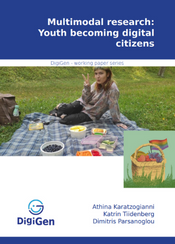
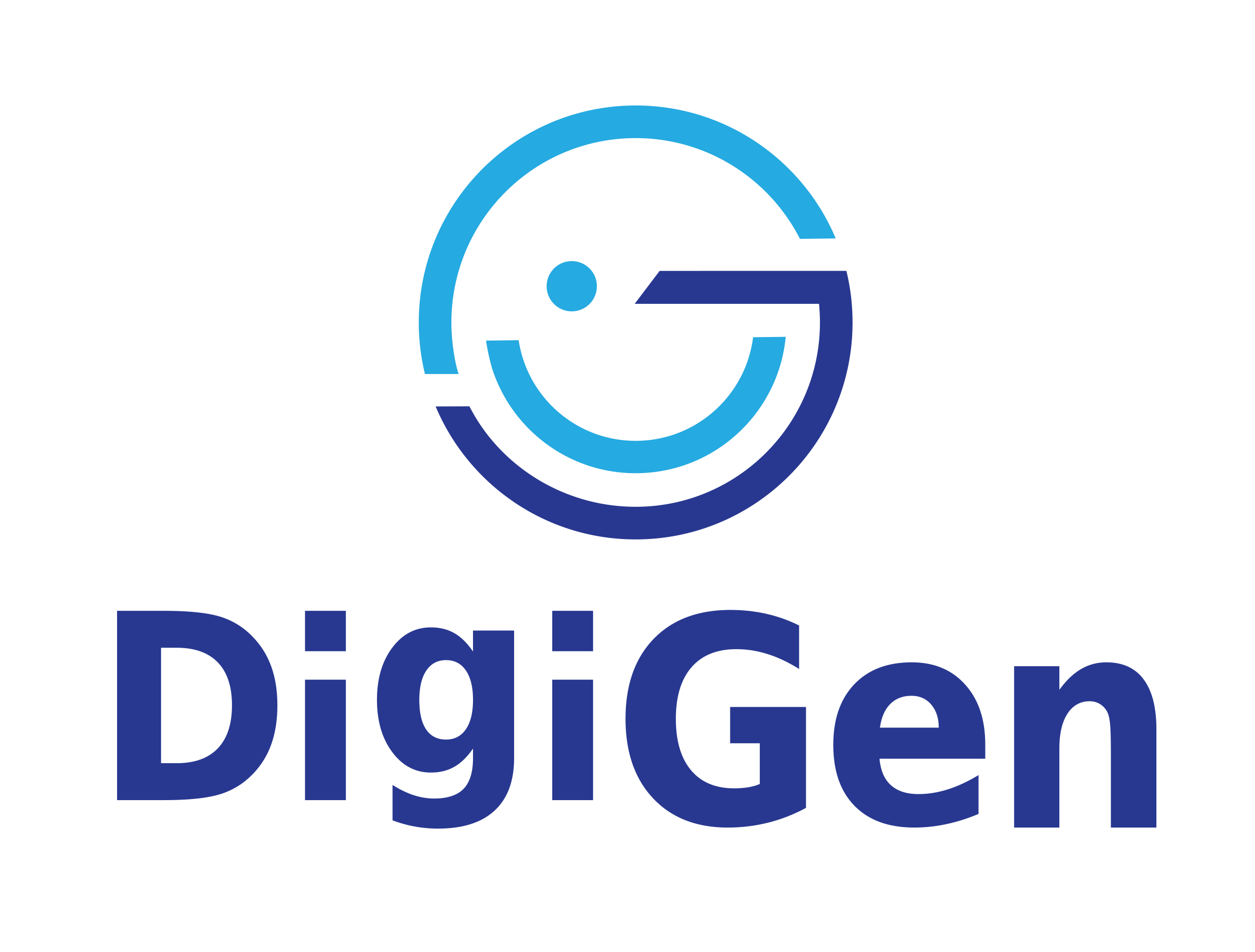
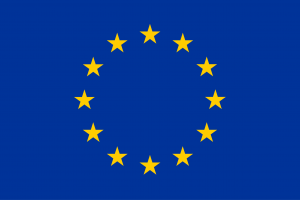
Recent Comments